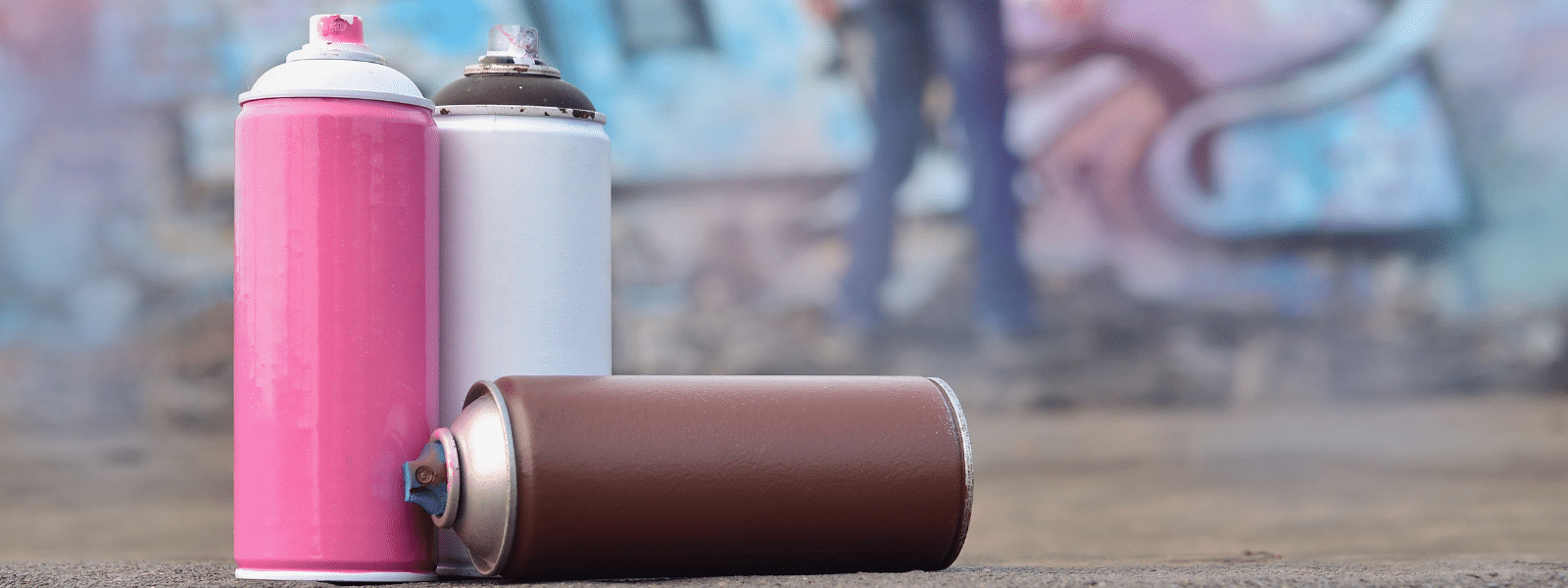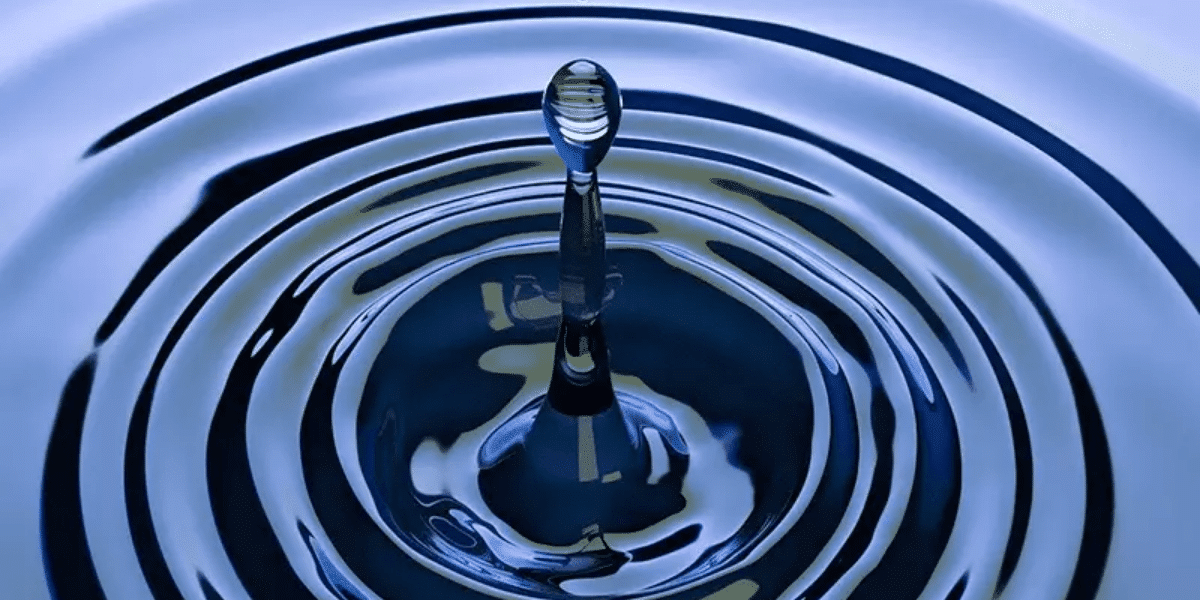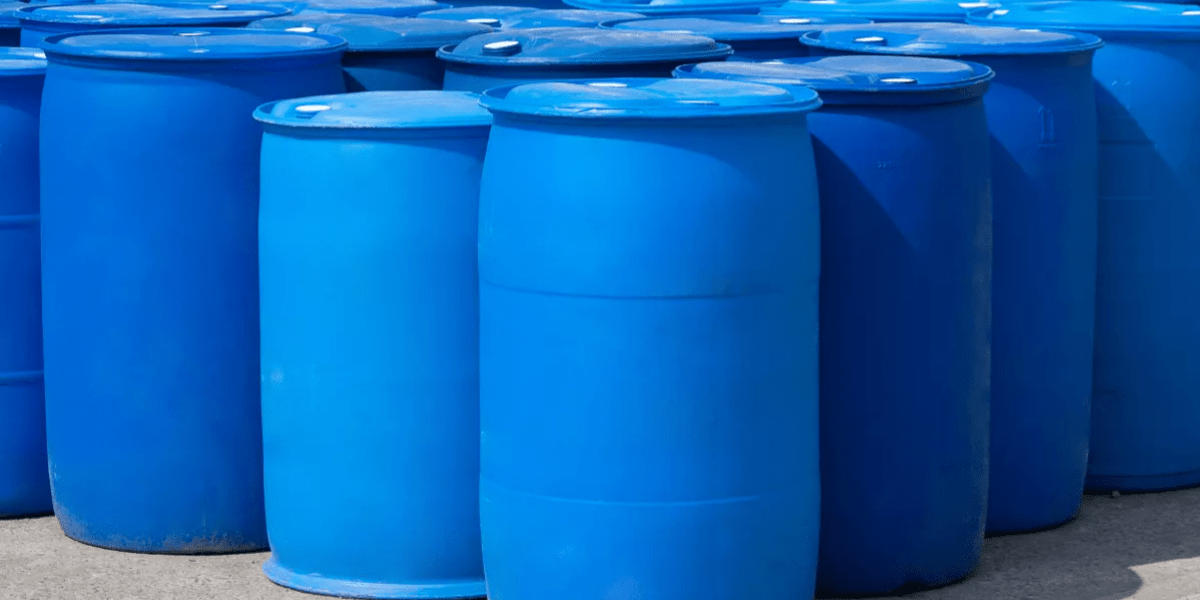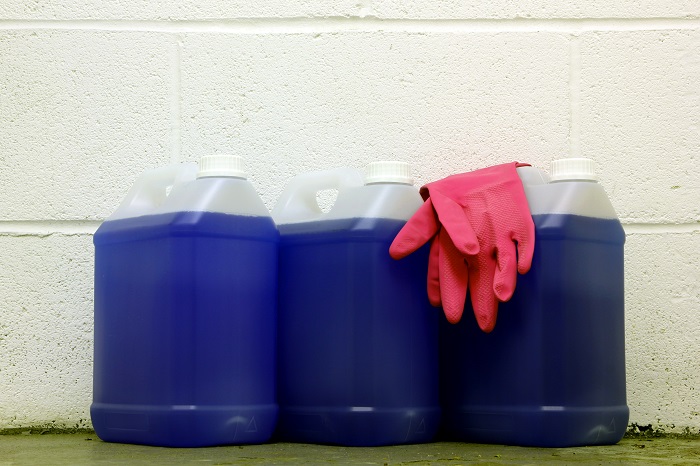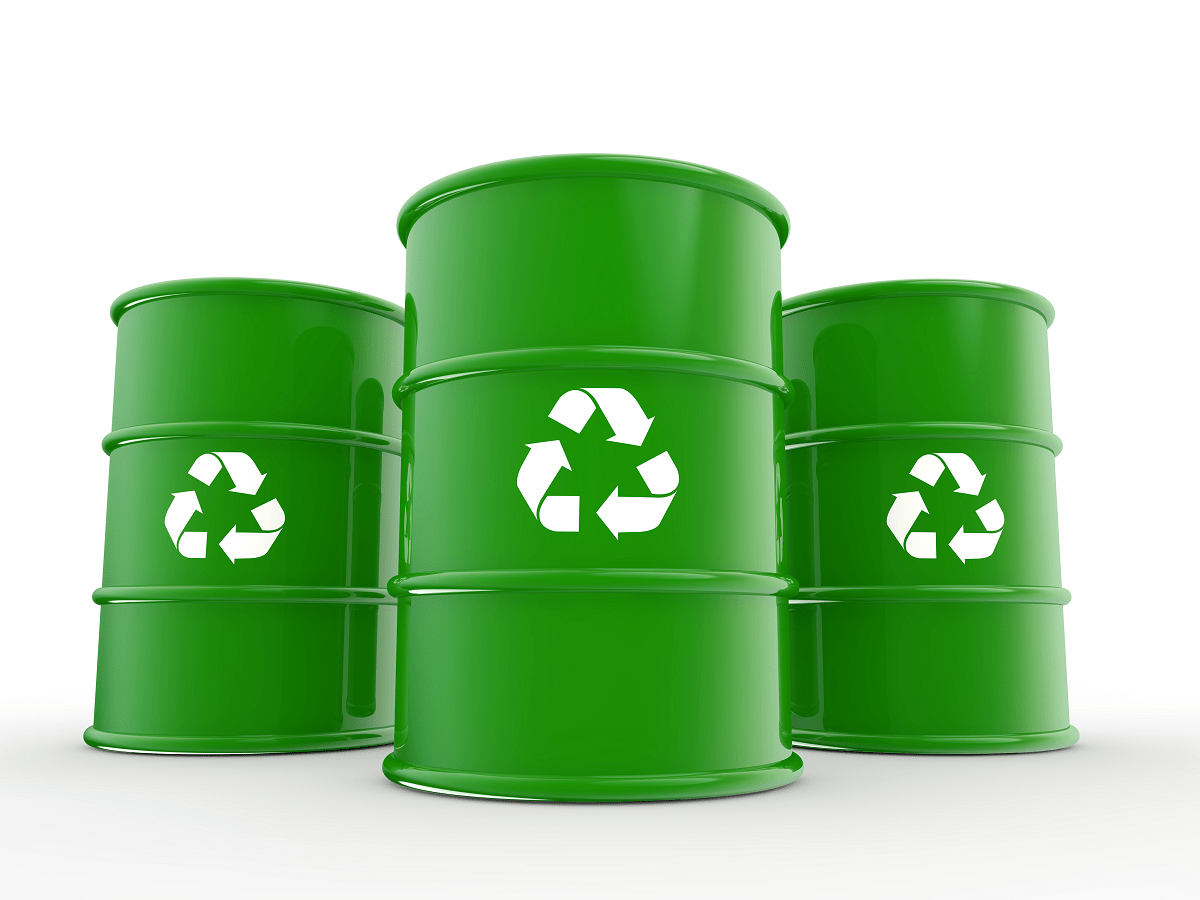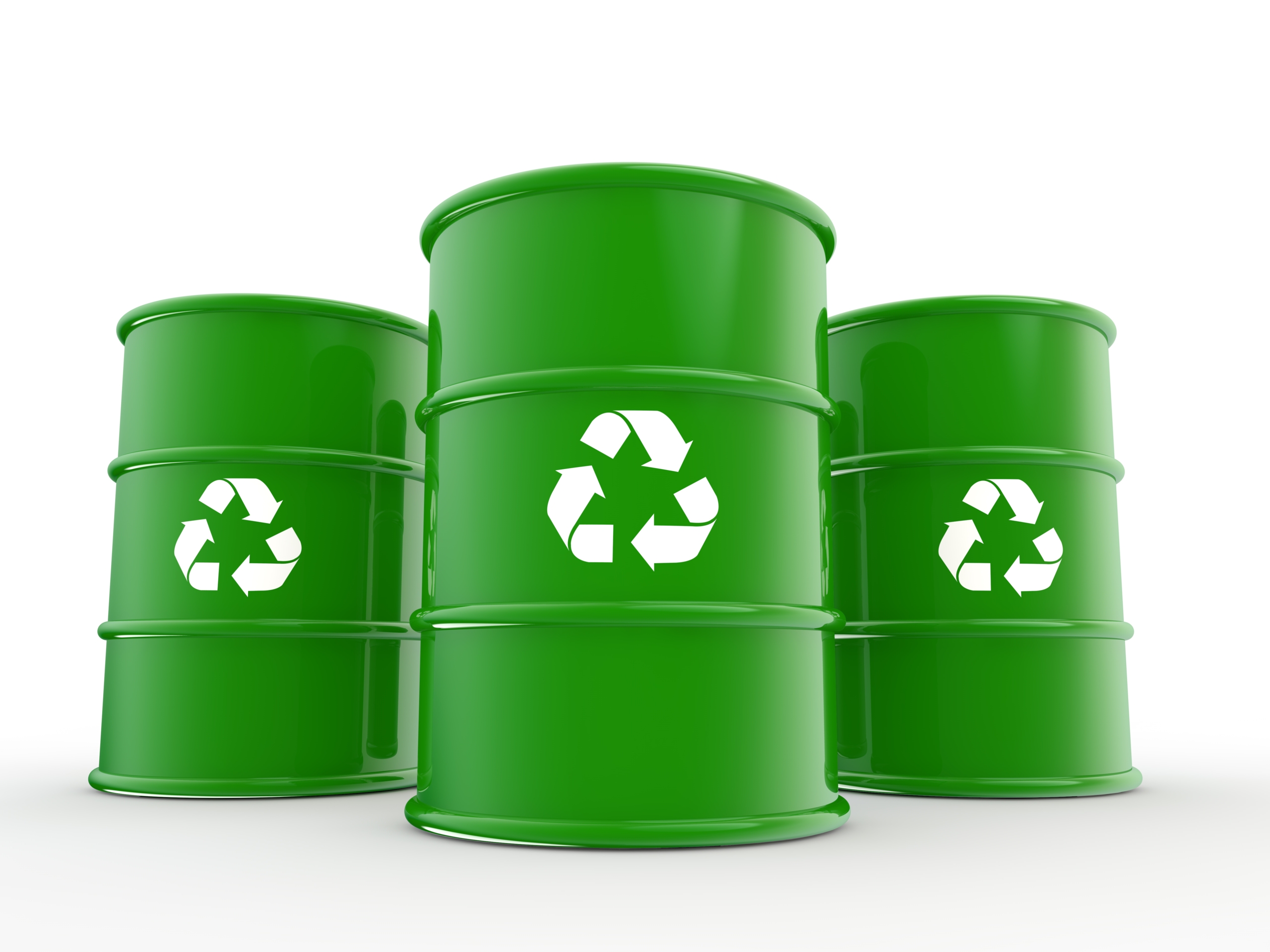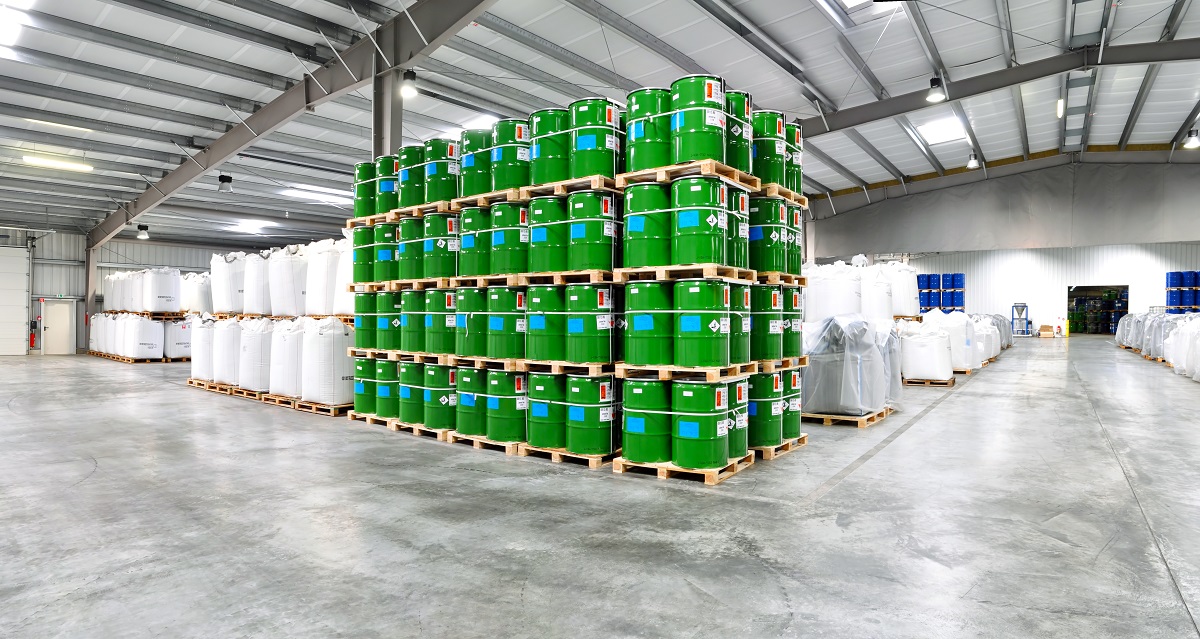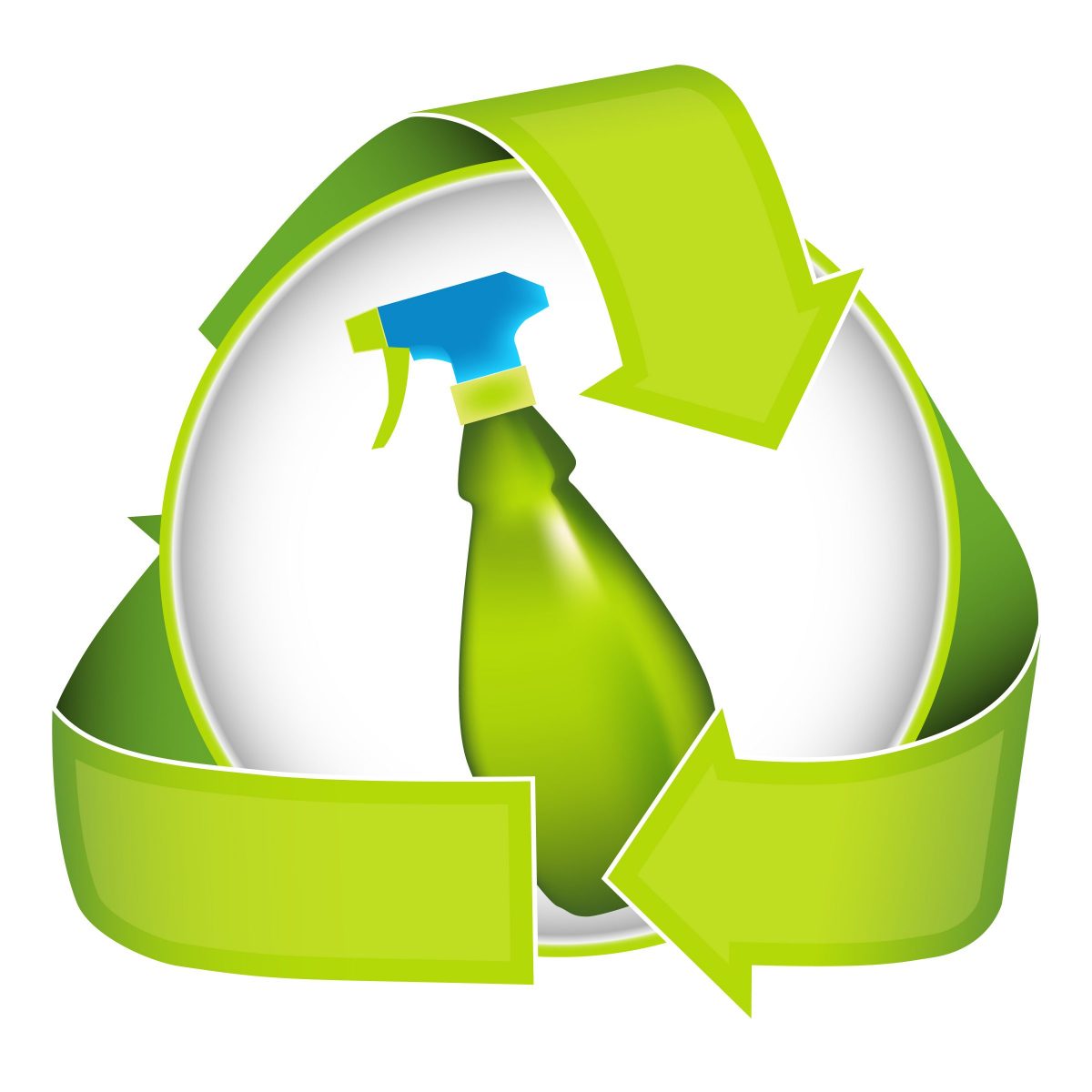In the world of industrial surface coating, aerosol coating has gained popularity as an efficient and versatile spray solution. Aerosol coating...
Blog


CHEMICAL INDUSTRY NEWS
Chemical Chat – Discover What’s New!
What Are Aqueous Cleaning Solutions?
What are aqueous cleaning solutions? Aqueous cleaning solutions are water based cleaners that can be used for parts cleaning and degreasing heavy...
Reliable Acetone Manufacturers
Are you looking for reliable acetone manufacturers who can supply you with high quality chemicals and expert knowledge? Ecolink is a trusted...
Where To Find Bulk Acetone Suppliers
Bulk acetone suppliers are a great asset to any facility that uses large amounts of acetone for production,...
What Are Aqueous Cleaning Solutions?
What are aqueous cleaning solutions? Aqueous cleaning solutions are water based cleaners that can be used for parts...
Company News
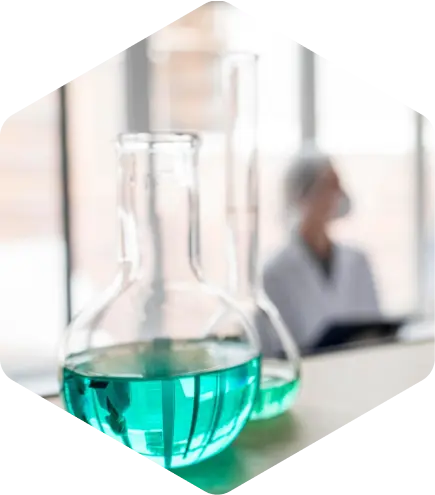
Managed Services
Discover the Latest in Safe and Sustainable Chemical Solutions
Stay informed with Ecolink’s blog! Subscribe now
Chemical Management Information
Stay updated with us
Sign Up for the Latest Updates
Stay informed about chemical supply chain disruptions and emerging innovations to keep your business at the forefront of efficiency and innovation. Uncover new ways to make your business practices more sustainable by incorporating safer products into your cleaning lineup.



